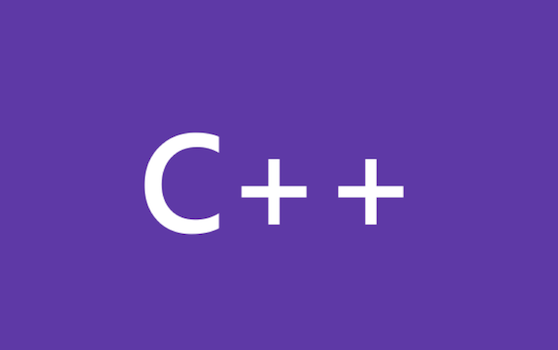Post by this author


Open Sourcing Visual Studio’s GDB/LLDB Debug Engine

C++ Debugging Improvements in Visual Studio “14”

Solution Dependency Viewer extension

Using the 2013 CPU Sampling Profiler to Understand C++ Compiler Optimizations

Just My Code for C++ in VS 2013

DirectX Graphics Development with Visual Studio 2012

C++/CX Part 2 of [n]: Types That Wear Hats

C++/CX Part 1 of [n]: A Simple Class


 Light
Light Dark
Dark